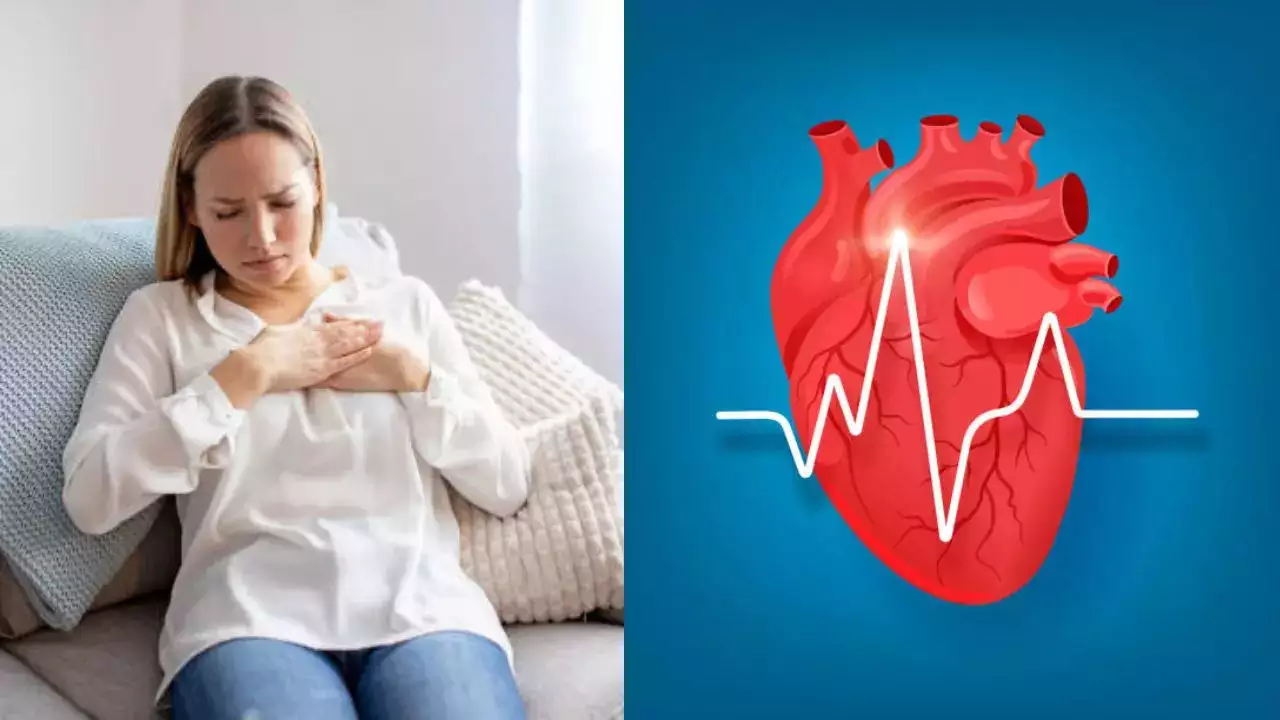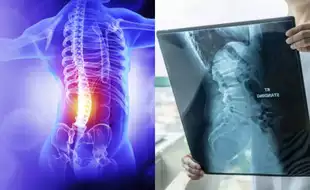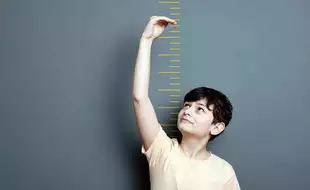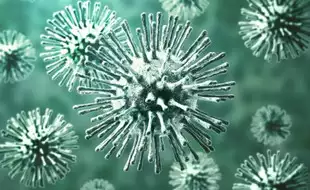News
Why Does My Heart Feel Like It Skipped a Beat? Know 5 Causes of Palpitations

For many people, the unusual beats end and go away entirely on their own
There are times you would feel your heart has suddenly skipped a beat, meaning you have had a palpitation. According to experts, rapid fluttering or heartbeating can cause heavy, pounding beats. While they are not harmful in the long run, doctors say palpitations can be worrisome if you have never experienced them before.
For many people, the unusual beats end and go away entirely on their own. Sometimes, however, detailed medical check-ups should be done to prevent them from occurring again in the future.
What are palpitations?
According to experts, a heart palpitation happens when someone becomes aware of their heartbeat, which may feel too fast, slow, or irregular. When your heart pumps blood, it allows it to circulate throughout the body, delivering oxygen and other essential components.
The four chambers in your heart with one-way valves have a pumping action that happens in two parts:
- As blood collects in the upper two chambers, an electrical signal causes a contraction that pushes blood to the lower chambers.
- One side of the heart pushes blood to the lungs, where it mixes with oxygen, and the other side circulates oxygenated blood around the body.
What causes palpitations?
The heart skipping a beat can be due to various factors, including:
Lifestyle triggers
Many lifestyle issues like strenuous exercise, dehydration, not getting enough sleep, or drinking too much caffeine or alcohol can lead to severe heart palpitations.
According to experts, smoking and drug abuse, such as cocaine, can also cause the heart to skip a beat.
Arrhythmias
Arrhythmias, or changes in the usual pattern of electrical impulses from the heart, cause irregular heartbeats. Even though some arrhythmias are harmless, others can be serious and require immediate medical attention. A few serious ones include:
- Atrial fibrillation: It causes a fast, irregular heart rate and increases the risk of stroke.
- Bradycardia: Leads to a slow heart rate
- Tachycardia: causes a fast heart rate
- Supraventricular tachycardia: It causes rapid heartbeat that leads to dizziness
Medicines
A few medications can also trigger heart palpitations, which include:
- Asthma medicines
- Medicines for high blood pressure
- Antihistamines
- Antibiotics
- Antidepressants
- Antifungal medicines
Anxiety
According to experts, strong emotions like stress or anxiety cause heart palpitations, which can increase during a panic attack. A few other symptoms include:
- Nausea
- Feeling weak or dizzy
- Numbness
- Chest pain or tightness
- Trembling
- Breathlessness
Hormonal changes
Hormonal changes can be caused by periods, pregnancy, and menopause that trigger heart palpitations. Doctors say if you have an overactive thyroid, it can also lead to the same.
Get Latest News Live on Times Now along with Breaking News and Top Headlines from Health and around the world.
Our Blogs
Our Recent News

Deep Brain Stimulation Helps Two Patients Walk After Spinal Cord Injury
Scientists used deep brain stimulation through implantation of electrodes into specific brain areas ...

Can You Become Taller After You Hit 18? Know Ways To Increase Your Height
Many factors contribute to our overall height like genes, food habits, lifestyle, and percentage of ...

Deadly Mystery Disease Strikes Southwest Congo: 143 Lives Lost In Sudden Outbreak, Health Officials Investigate
Deadly Mystery Disease Strikes Southwest Congo: 143 Lives Lost In Sudden Outbreak, Health Officials ...

